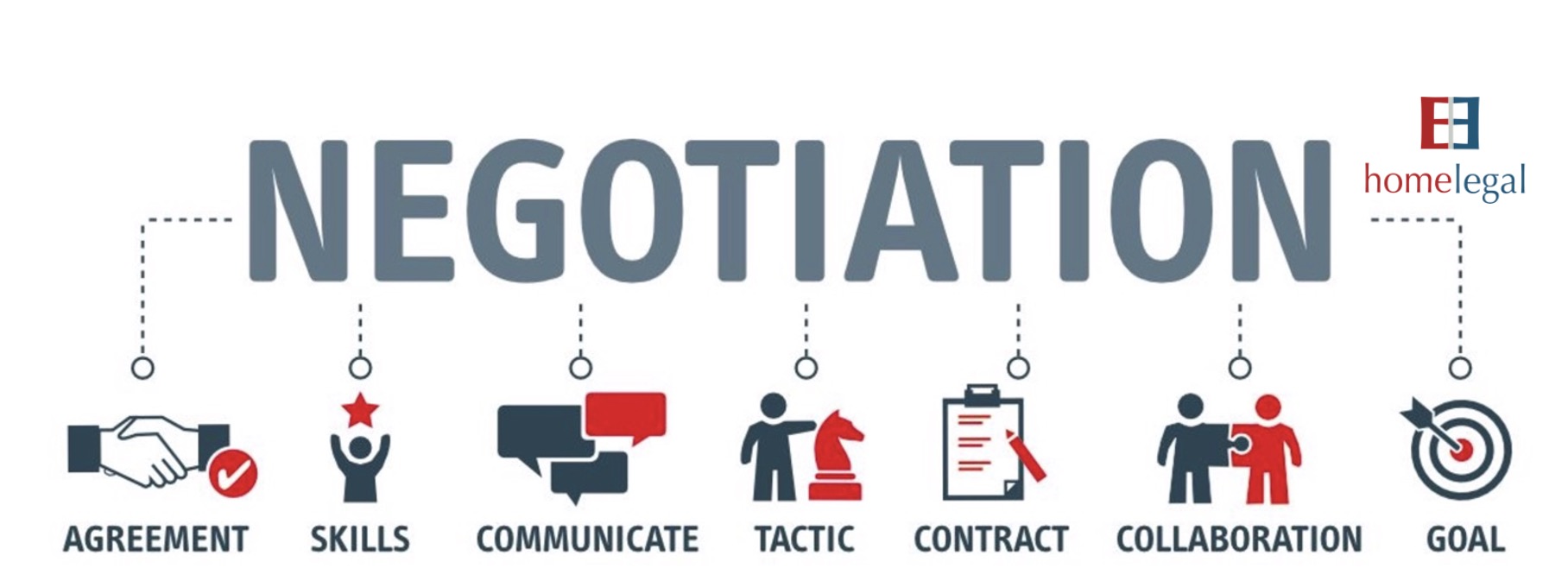1. Definition of e-commerce contracts
According to the Law on Electronic Transactions 2005, an e-contract is defined as an agreement established in the form of data messages between parties, where "data message" refers to information generated, transmitted, received, and stored by electronic means. Additionally, as defined in the Civil Code 2015, a contract is an agreement between parties to establish, change, or terminate civil rights and obligations.
While the Vietnamese law does not specifically introduce the concept of a "commercial contract," it defines "commercial activities" as activities performed for profit-making purposes, such as the purchase and sale of goods, the provision of services, investment, trade promotion, and other related activities.
In conclusion, an e-commerce contract is a legally binding agreement made through electronic means between a trader and a party with the legal capacity to enter into a contract in the form of a data message for the purpose of conducting commercial activities.
- Features of e-commerce contracts
An e-commerce contract is a type of agreement similar to traditional contracts but with unique characteristics. The method of entering into and performing an e-commerce contract is based on the provisions of the Civil Code 2015 and the Law on E-Transactions 2005. The parties have the right to agree on the use of electronic means for the conclusion and performance of the contract, as well as the technical requirements and conditions to ensure its integrity and confidentiality.
An e-commerce contract is signed between traders, or one party is a trader, and can also involve third parties, such as network service providers and e-signature certification service providers, for support. The scope of application of e-commerce contracts is limited to state agencies, civil, business, commercial, and other fields as prescribed by law. However, it is not applicable to certain legal certificates and documents.
E-commerce contracts are borderless, allowing parties to exchange information, agree on the contract, and sign it through electronic devices connected to the internet from anywhere in the world. Additionally, the intangibility and immateriality of e-commerce contracts make the management, storage, and preservation of electronic data simpler and more convenient for businesses.
- Classifications of e-commerce contracts
The classification of e-commerce contracts can be divided into several categories based on their form. These categories include: (1) traditional commercial contracts; (2) e-commerce contracts formed through automatic transactions; (3) e-commerce contracts through email; and (4) e-commerce contracts using digital signatures.
- Traditional commercial contracts are posted on the website and are standardized in terms of content. These contracts are drafted by one party and posted on the website with the option of "Agree" or "Disagree" for the parties to choose to confirm their consent with the terms of the contract. The traditional contracts are formed through automated trading and can also be signed using digital signatures.
- E-commerce contracts formed through automatic transactions are commonly used on retail e-commerce websites (B2C). The process of placing an order on the seller's website is automated, and the contents of the contract are formed by automatic trading. The software synthesizes and processes the customer information entered, and the customer confirms their agreement to the terms of the contract.
- E-commerce contracts through email are commonly used in electronic transactions between businesses (B2B). The parties use email to offer, inquire, and negotiate the terms of the contract, such as price and quantity. Once the negotiation process is complete, the parties synthesize the information into a complete contract and agree upon it. The advantages of this form are its fast transaction speed, low cost, and ability to transmit a lot of details. However, the disadvantage is low security, the potential for easy information disclosure, and a lack of binding responsibility for the parties.
- E-commerce contracts using digital signatures are used on advanced electronic exchanges such as Alibaba, Shopee, and Lazada. The parties must have an electronic signature to sign the data messages in the transaction process. This type of contract is more confidential and binding on the parties compared to other forms of e-commerce contracts. The use of electronic signatures requires the participation of a third party, which is an organization that provides e-signature certification services. Despite the convenience and security offered by this service, many businesses are still wary of the need for digital signatures.
- Conditions to recognize the validity of e-commerce contracts
The 2005 Law on Electronic Transactions outlines the recognition of electronic contracts as legally binding. Article 34 of this law states that the legal validity of an electronic contract cannot be denied due to its expression in data message format.
According to Article 14, data messages have evidential value, which is based on the reliability of their generation, storage, transmission, and ability to maintain the integrity of the data. This ensures the originator and any relevant parties can be accurately determined.
For an electronic contract to be recognized as legally binding, it must meet certain conditions. The content of the electronic contract must maintain its integrity from the time it is initiated until it is received by the other party, and it must be accessible and able to be used in its complete form. This requires the use of reliable encryption to ensure the parties agree on the content of the contract.
By meeting these conditions, an electronic contract can serve as evidence in case of a breach of contract or failure to fulfill its terms.
- Risks associated with e-commerce contracts
In e-commerce contracts, besides the benefits, the parties still face several risks, including:
Legal Risks: The existing laws for traditional contracts are not equipped to handle the complexities of electronic contracts. This can result in legal ambiguities.
Risks from Lack of Information: E-commerce contracts are signed online, where it can be difficult to verify the identities of the parties involved. This can lead to fraudulent activities.
Technical Risks: The contracting process heavily relies on technology, which can lead to technical difficulties such as glitches and hacker attacks. These can result in a compromise of confidential information. The collection of evidence in case of a dispute can also be challenging, as data can be deleted, encrypted, or hidden.
Given these risks, it is crucial for parties to take measures to minimize the potential harm to their interests while engaging in e-commerce contracts.

















